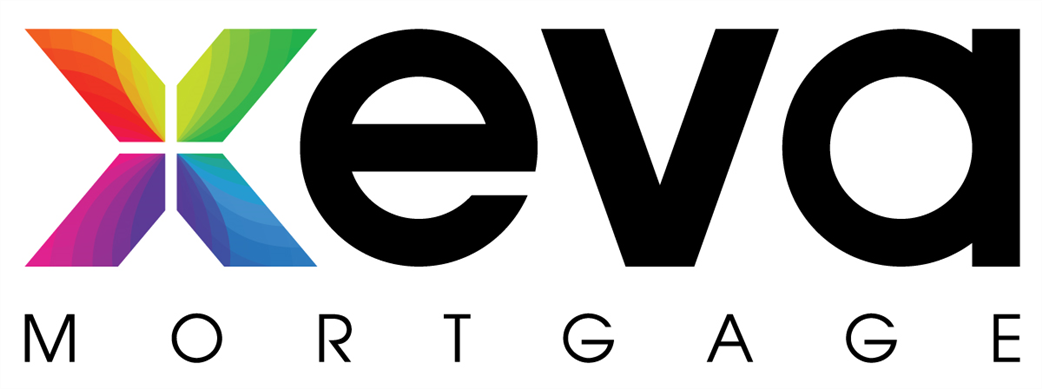
Dean Garrett
BROWSE
PARTNERSCall for Longer Mortgage Terms Raises Questions STEVE HUEBLMAY 8, 2019
5/10/2019
Article Link; https://www.canadianmortgagetrends.com/2019/05/bocs-call-for-longer-mortgage-terms-raises-questions/
Earlier this week, Bank of Canada Governor Stephen Poloz called on banks and other lenders to offer more innovative mortgage products, namely longer-term mortgages.
During a speech in Winnipeg, he said longer mortgage terms would “mitigate the normal risks in the system both for lenders and for borrowers.” He didn’t specify just how long those terms could be, but the longest widely available term in Canada is currently 10 years, while terms of 15, 20 or even 30 years are common in the U.S.
For consumers, the reduced mortgage renewal frequency over the life of the mortgage would remove the risk of renewing into higher rates, Poloz said. “Of course, a longer-term mortgage will carry a higher interest rate, but some homebuyers may be willing to pay more to lower their risk,” he added.
Just how much more? Rate expert Rob McLister of RateSpy.com suggested a 30-year mortgage, for example, could run around 3.75% or more given where bond market spreads are right now.
“And that’s probably a best-case rate, assuming a liquid funding market. In the U.S., 30-year rates are north of 4%,” he wrote on RateSpy.com. “On a standard $300,000 30-year mortgage at 3.75% you’d pay $10,829 more interest over the first 60 months alone—versus a 3.00% 5-year fixed.”
Little Appetite for Longer Terms
The Bank of Canada’s own data shows that currently, just 2% of mortgages have terms greater than five years. And that’s for good reason. A longer mortgage comes with certain drawbacks. Aside from paying a higher rate, they would also face a higher likelihood of having to break the mortgage early.
Even though mortgage terms longer than five years are protected by the Interest Act—which means the penalty for breaking that mortgage would be limited to three months’ interest (vs. an IRD penalty) after the first five years—a multi-decade term would heighten the likelihood of borrowers breaking their mortgage early.
For that reason, Ron Butler of Butler Mortgage said mortgages of that length would have to be exempt from breakage penalties, similar to the “no penalty” system in place in the U.S.
Even Canada’s most popular mortgage term—the 5-year fixed—is longer than most borrowers stick with their current mortgage for. James Laird, President of CanWise Financial and co-founder of Ratehub.ca, says stats show most mortgage terms are kept for just shy of four years.
“Some might suggest that perhaps it’s bad advice to be recommending these longer terms,” Laird said. “Because even though the borrower might feel settled, we know that life events occur, which can cause people to break their mortgage more quickly than they are expecting.”
Additionally, he said borrowers would need a compelling reason to pay more for the security of a longer term, namely the expectation that interest rates are going to rise over that time. Plus, the extra cost to lock in would have to be reasonable.
“If those two things are occurring, and you have a household that thinks they’re not moving for 10 years, okay, you’ve got ingredients for someone to take a longer term,” Laird said, adding the last time he saw those ingredients come together was in 2012 when 10-year fixed rates fell below 4.00%, 5-year rates were above 3.00% and many expected interest rates to rise. “But the Governor doesn’t help his case by telling us rates are not going to move for a sustained period of time. That is not a good reason to go with a longer term. That’s justification for taking a variable rate or short term.”
An Answer to the Stress Test?
Poloz’s “call to arms” for the industry to introduce longer mortgage terms appears to be a response to criticism over the government’s stress test, which has sidelined the buying intentions of an estimated 40,000 homebuyers since it was introduced last year.
“The Bank of Canada has a particular view of the stress test as a means to reduce leverage and tamp down soaring prices,” Butler said, suggesting they’re floating the idea of longer mortgages as an alternative solution to assisting homebuyers as opposed to adjusting the stress test.
Poloz himself said, “The longer the mortgage term, the less relevant a mortgage interest-rate stress test becomes,” pointing to the increased amount of equity built up in between renewal periods.
Up to Government to Create the Appropriate Conditions, Not Lenders
But not everyone believes the onus should fall on the industry to develop solutions to make longer-term mortgages more attractive.
“I found it interesting that Poloz is calling on others to make this happen when, in my opinion, it’s the policy-makers in Ottawa who have actually completely taken away any incentive to lock into a longer-term fixed rate,” Laird said, pointing to the stress test’s added qualification burden on longer-term rates.
For a 10-year rate at 4.00%, the borrower instead needs to qualify at 6.00% vs. a qualification rate of 5.34% for a shorter term fixed or variable rate, Laird noted. “In my opinion, the tools are in (Poloz’s) hands and the other regulatory bodies in Ottawa. If they’re thinking, ‘Let’s get more borrowers into longer-term fixed rates,’ they can make that happen.”
McLister added that if the government is serious about this, it would also have to facilitate cost-effective long-term funding to support those mortgages.
“Government-sponsored funding vehicles (like the NHA MBS and Canada Mortgage Bond programs) currently only support up to 10-year terms and are dominated by 5-year securities,” he noted. “Private mortgage-backed securities, in their current incarnation, would not have tight enough spreads to allow for competitive 30-year rates.”
Butler agreed, saying, “Vast changes would be required in our mortgage financing system.”
In other words, don’t hold your breath for cost-effective longer-term mortgages anytime soon.




























